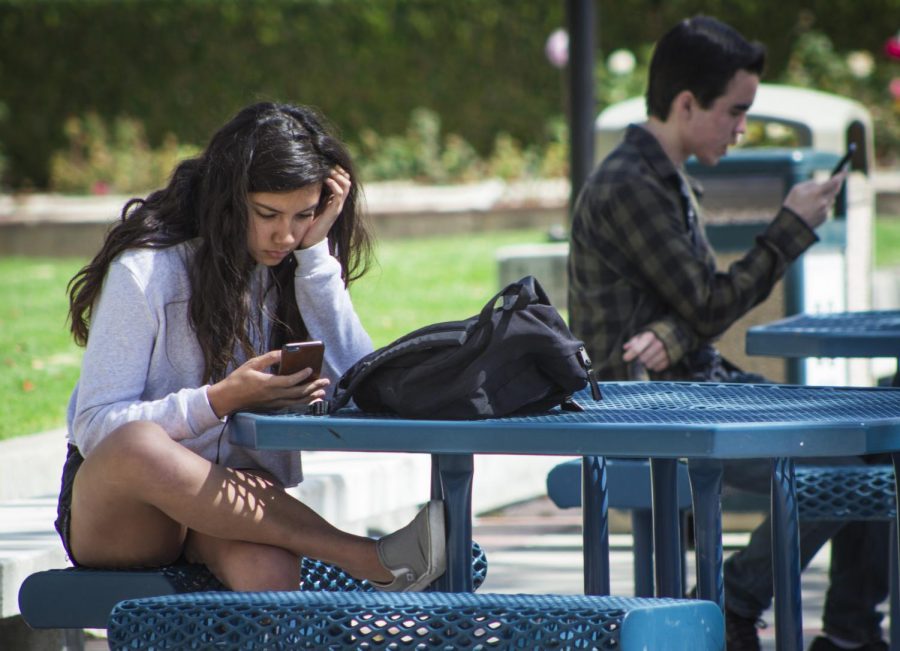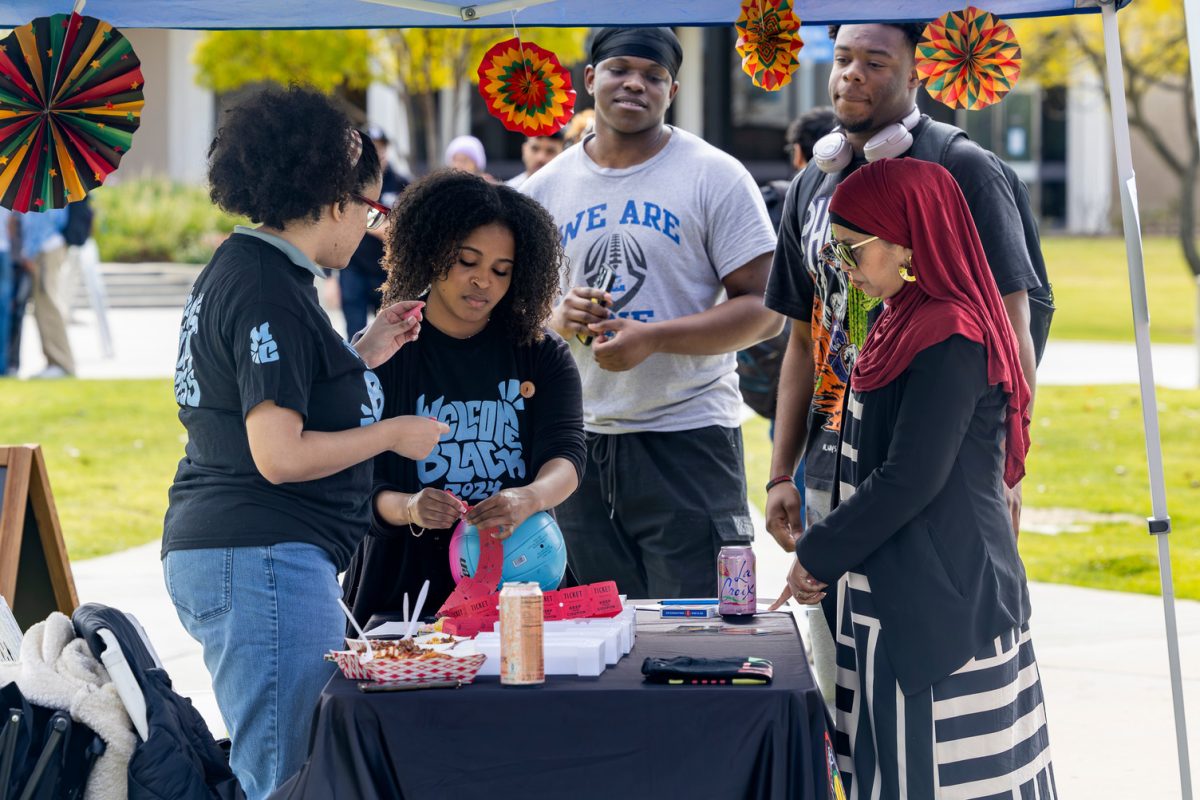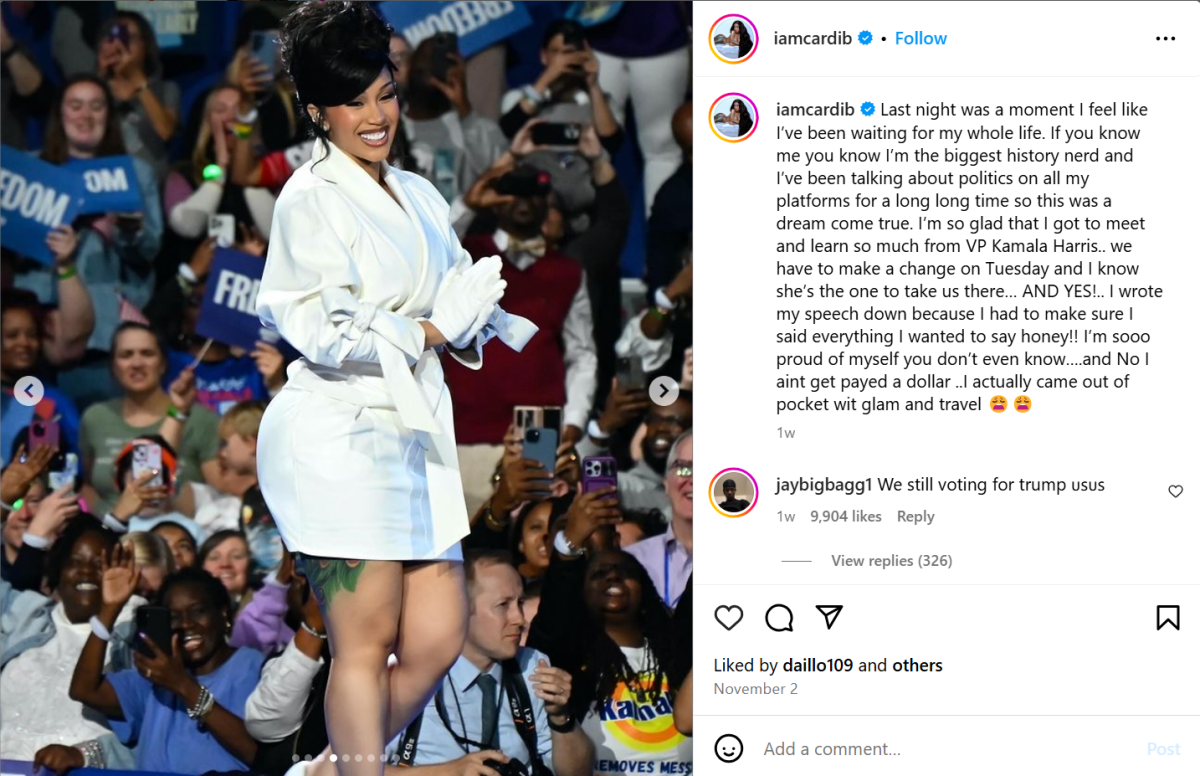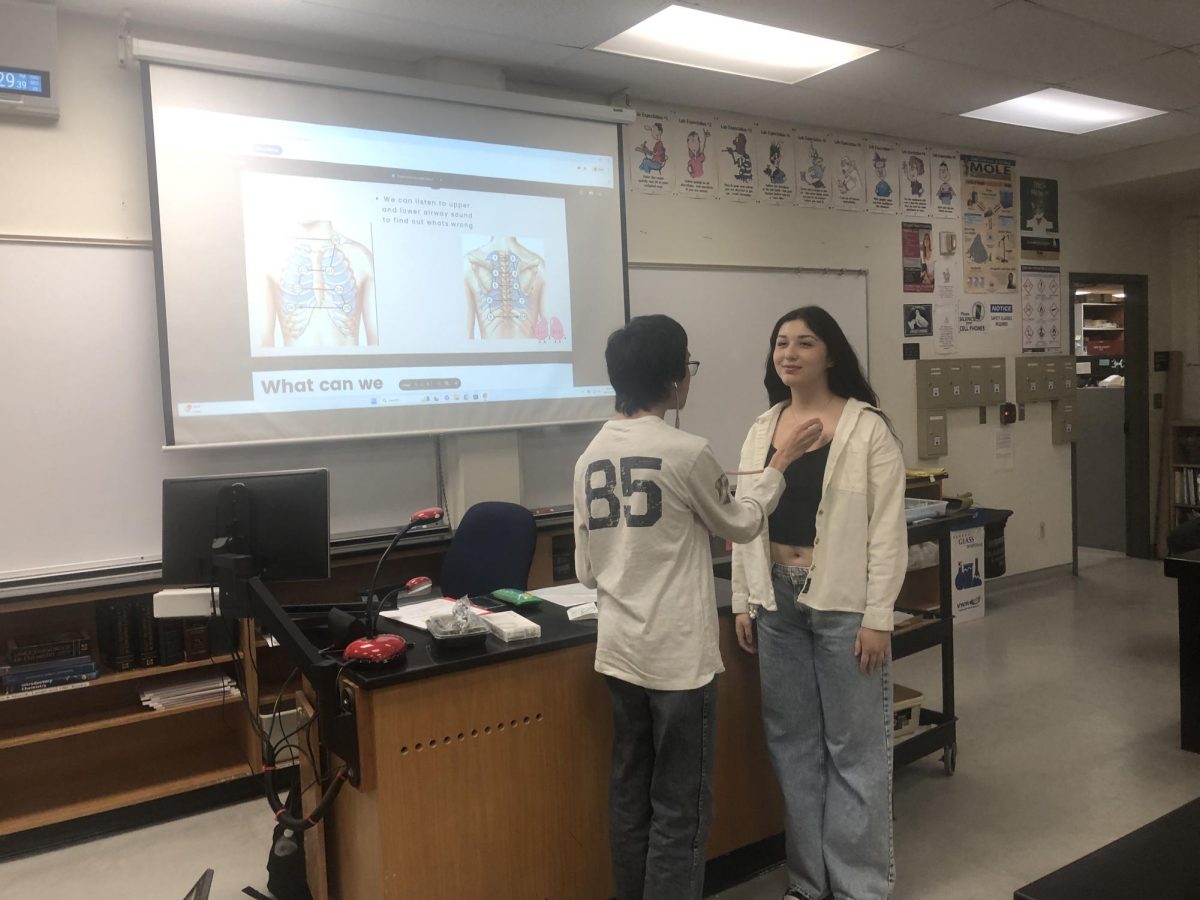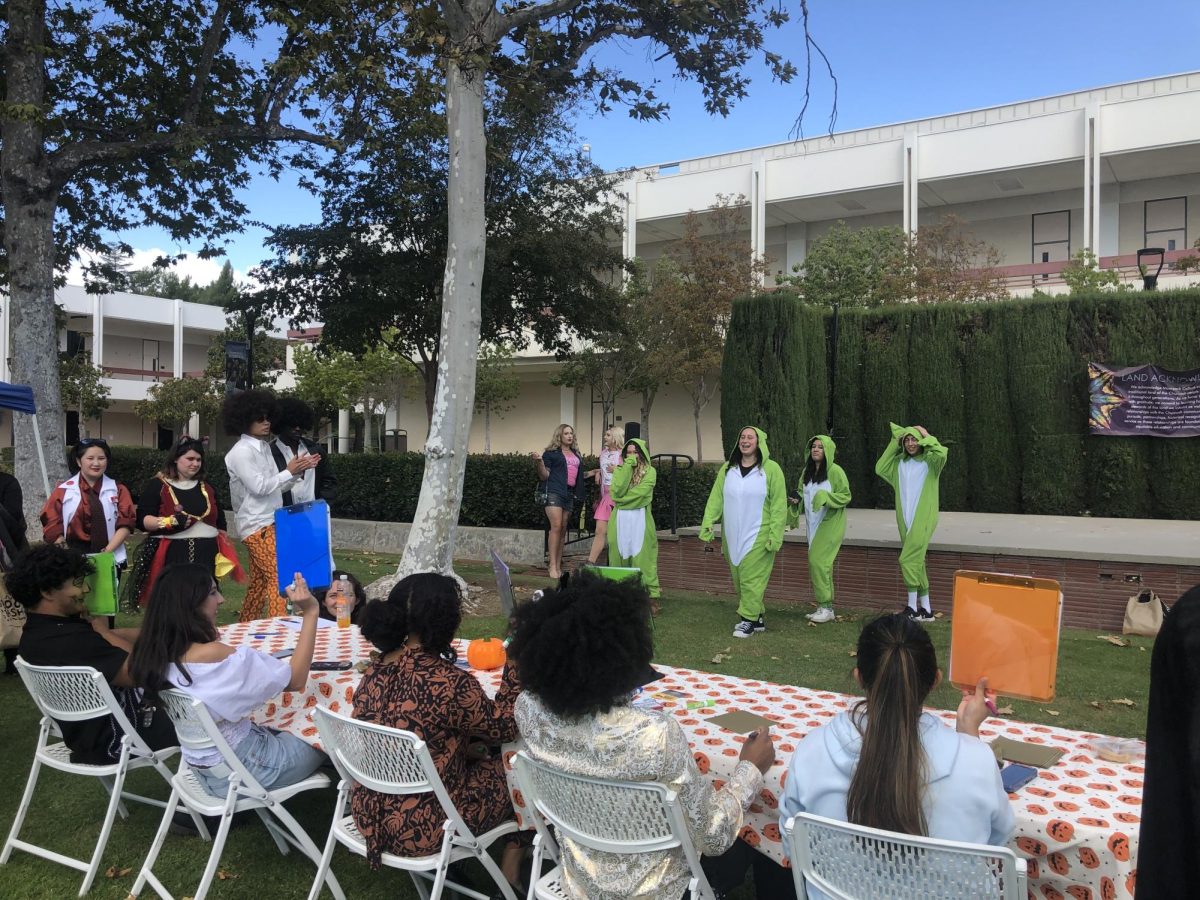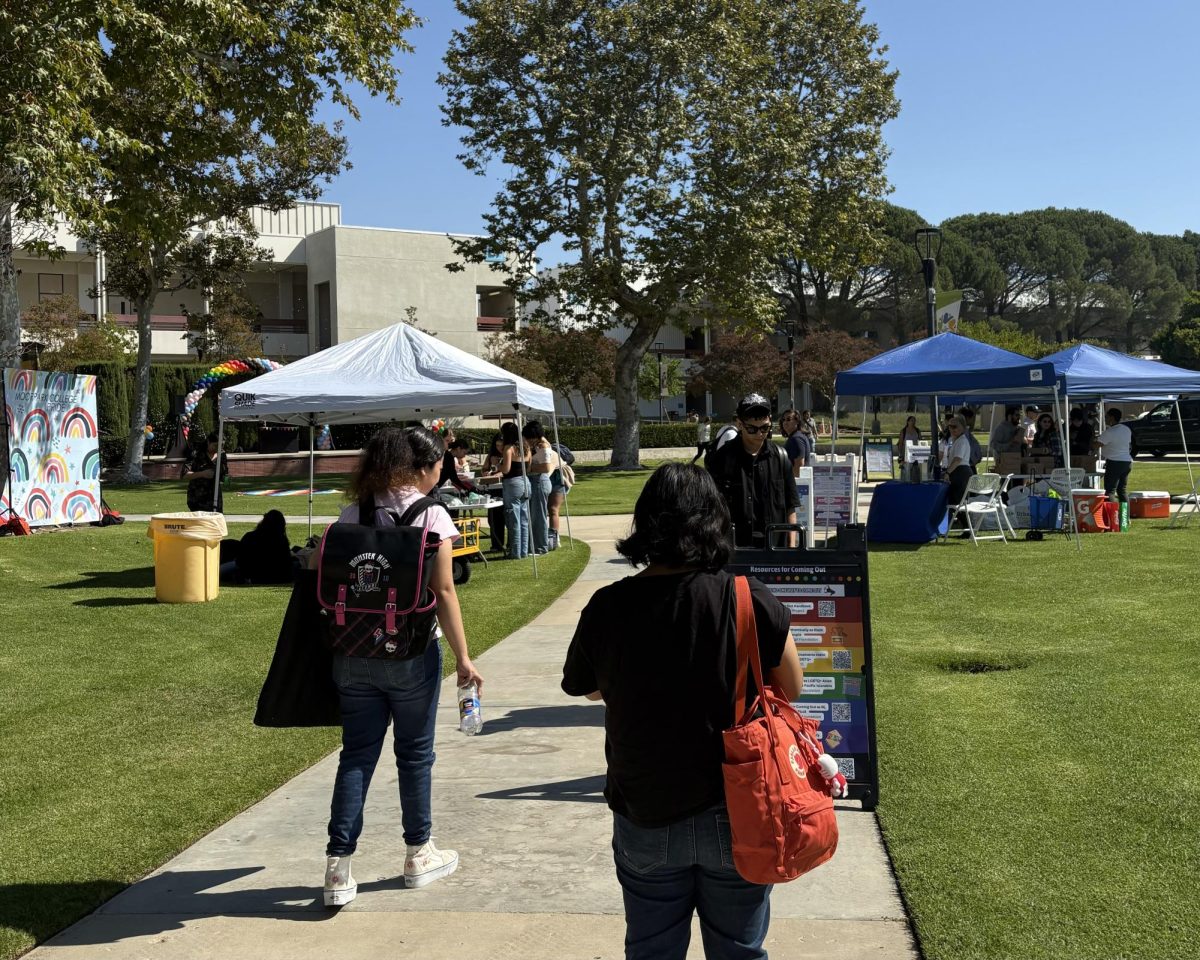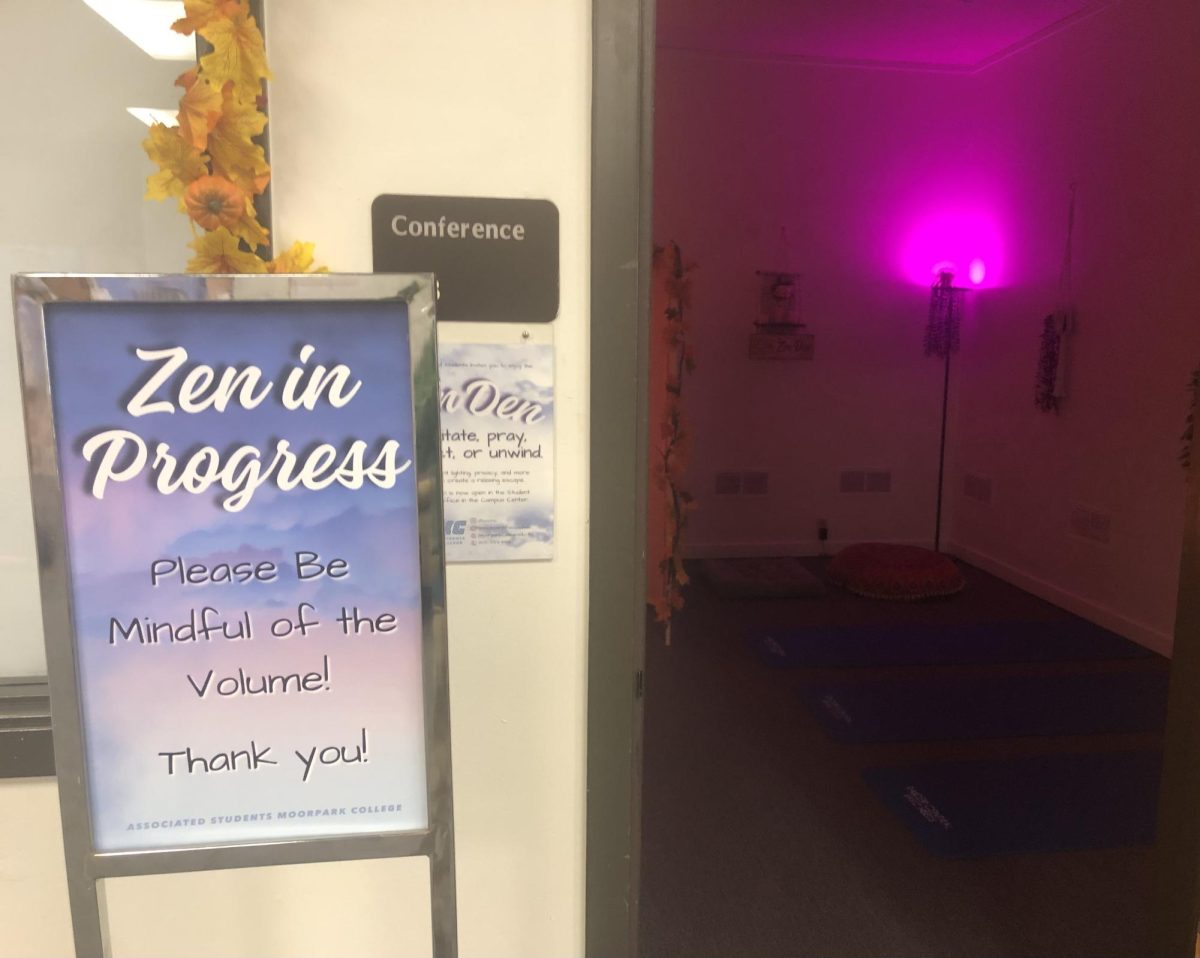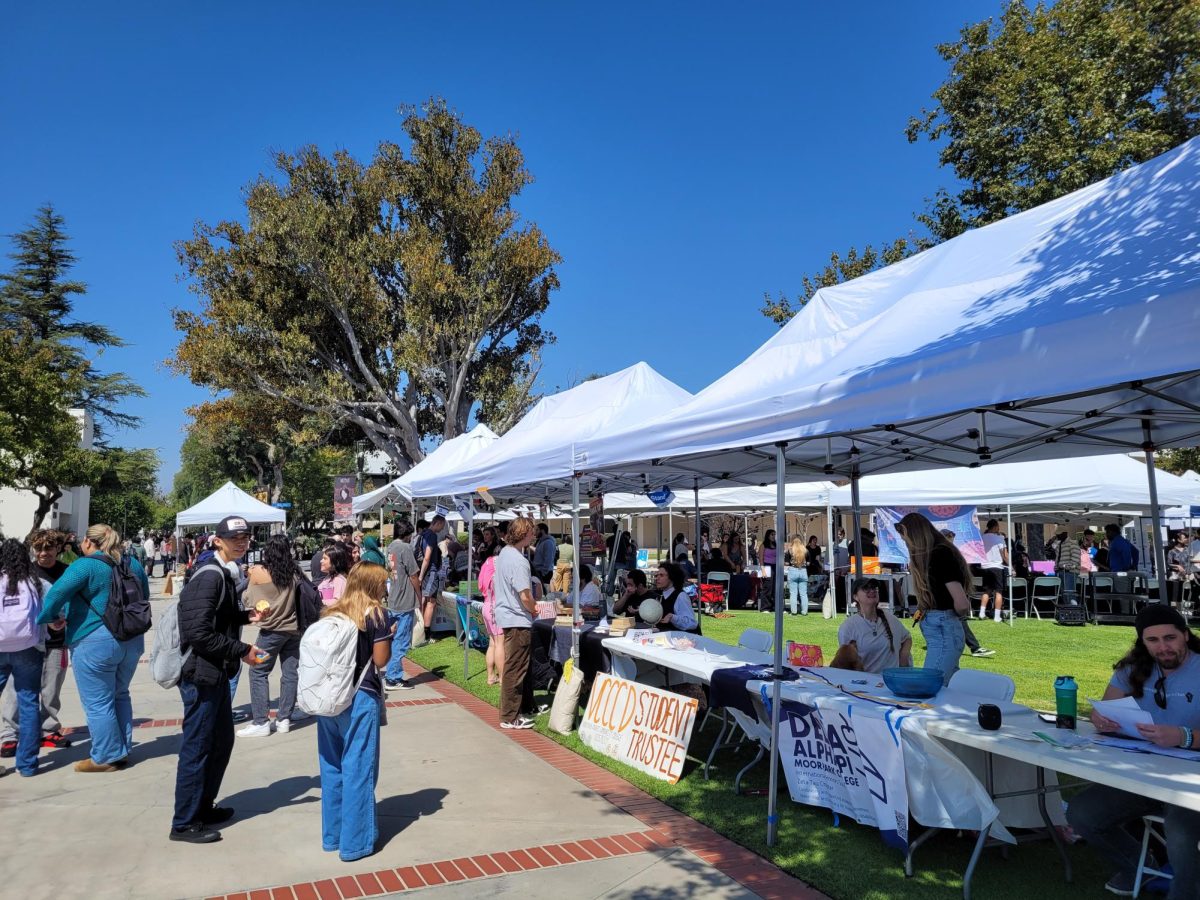Did you know that the first text ever sent said ‘Merry Christmas’? Or that the first smartphone was named “Simon” and created in the early 1990s by IBM?
Though these may be lesser-known facts, most of us are so familiar with our ability to communicate virtually that we don’t give it a second thought when we whip out our phones to send a text or post a photo on Instagram. But should we?
A 2015 Pew Research Center survey found that 92 percent of U.S. adults have a cellphone and 90 percent of these adults have their phone with them frequently. A 2018 Pew survey also found that 88 percent of 18-29 year olds use some form of social media, so the odds are pretty high that many of the people we see across our campuses have the ability to virtually connect at any moment with people who aren’t physically present.
Because this ability is such a recent technological development, it’s worth asking this question – do our virtual connections harm, help, or not affect the connections we have with people who are physically present?
Sherry Turkle, a Social Studies of Science and Technology professor at Massachusetts Institute of Technology, wrote a book called ‘Reclaiming Conversation’ that explored just that topic. Turkle does not condemn social media or technology, but writes that we have to make sure that it does not replace the important things in our lives – namely, true conversation.

“Without conversation, studies show that we are less empathetic, less connected, less creative and fulfilled,” said Turkle in her book.
Social media does not destroy conversation, but Turkle does note that a lack of face-to-face talk does hinder true conversation.
“Computers offer the illusion of companionship without the demands of friendship,” writes Turkle, “and then, as the programs got really good, the illusion of friendship without the demands of intimacy.”
This, as Turkle further explains, is because in a face-to-face conversation, people have to be fully present and have to respond to whatever the other person is saying and feeling, in a way that is impossible if you’re not physically there.
Despite these potential pitfalls, however, access to social media has allowed us to make a positive difference in bigger ways than ever before.
“We get to see other people’s perspectives and experiences,” said Professor Jill McCall, a Moorpark Communication Studies faculty member, who did a presentation on ‘Staying Woke’ for this year’s Multicultural Day. “We get to be heard and seen outside of just our circle of friends. To do that we must get out of the echo-chamber.”
The echo-chamber, as described by McCall, is a system where people are surrounded by those who agree with them, so that their thoughts and ideas are constantly reinforced and other different viewpoints don’t come to light. McCall says that the way to escape that echo-chamber is to be vulnerable.
“That takes a sacrificial leap of faith,” said McCall. “You’re putting yourself out there to be critically examined. Personally, I know I’ve put things up on social media that I felt very strongly about and I’ve lost friends over that. You have to be willing to put your views out and be challenged.”
McCall recognizes the same pitfalls of virtual communication that Turkle does, and she does not allow cell phone usage in her classroom.
“Students on their phones aren’t talking to their classmates about classes, homework, where they’re transferring to,” said McCall. “You can lose connection with your classmates that way. Students should acknowledge classmates as individuals, not just as someone in the chair next to you.”
So is social media and constant access to cellphones good or bad? That depends on the role it plays in our lives. Though there isn’t one simple answer, the key is to make sure that our connections with those around us aren’t suffering as a result of our social media usage. Social media can play a positive role in changing our communities for the better, but in the end, so can a simple, one-on-one conversation with a friend.

